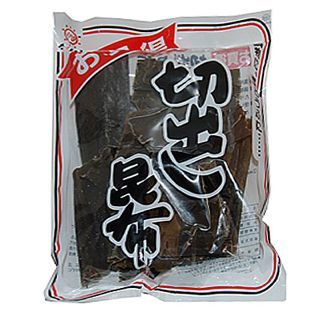This document describes the current stable version of Kombu (5.3). For development docs, go here.
JSON Utilities - kombu.utils.json¶
JSON Serialization Utilities.
- class kombu.utils.json.JSONEncoder(*, skipkeys=False, ensure_ascii=True, check_circular=True, allow_nan=True, sort_keys=False, indent=None, separators=None, default=None)[source]¶
Kombu custom json encoder.
- default(o)[source]¶
Implement this method in a subclass such that it returns a serializable object for
o, or calls the base implementation (to raise aTypeError).For example, to support arbitrary iterators, you could implement default like this:
def default(self, o): try: iterable = iter(o) except TypeError: pass else: return list(iterable) # Let the base class default method raise the TypeError return JSONEncoder.default(self, o)
- kombu.utils.json.dumps(s, _dumps=<function dumps>, cls=<class 'kombu.utils.json.JSONEncoder'>, default_kwargs=None, **kwargs)[source]¶
Serialize object to json string.
- kombu.utils.json.loads(s, _loads=<function loads>, decode_bytes=True, object_hook=<function object_hook>)[source]¶
Deserialize json from string.
- kombu.utils.json.register_type(t: type[T], marker: str | None, encoder: Callable[[T], EncodedT], decoder: Callable[[EncodedT], T] = <function <lambda>>)[source]¶
Add support for serializing/deserializing native python type.
If marker is None, the encoding is a pure transformation and the result is not placed in an envelope, so decoder is unnecessary. Decoding must instead be handled outside this library.
